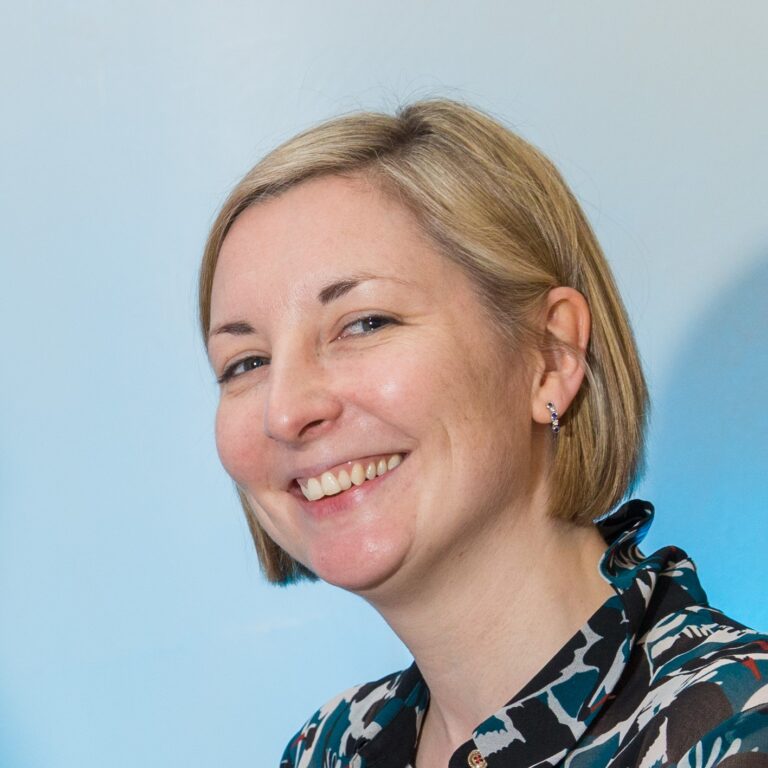* An Exploration of Emergency Gynaecology Care in Ireland
Home > Opportunities > * An Exploration of Emergency Gynaecology Care in Ireland
Introduction
Research Area:
Gynaecology
What is the research about?
Sometimes, women can experience sudden gynaecological problems that require urgent surgical care during pregnancy (ectopic pregnancies, miscarriages) or while not pregnant (ovarian cyst problems, complications after surgery). These emergencies can affect a woman’s life, health, ability to have children in the future, or sexual wellbeing.
Gynaecology services aim to provide safe, high-quality care for these emergencies. In many cases, keyhole (minimally invasive surgery -MIS) surgery can be used if women can quickly get an ultrasound scan and see a trained specialist. However, not all women have the same access to urgent gynaecological surgical care. For example, Women in cities often have better access to hospitals and specialists compared to those in rural or remote areas. In Ireland, no one has yet studied how easy or difficult it is for women to access emergency gynaecology services.
Since 2017, the Health Service Executive (HSE) has been using a system called the National Quality Assurance and Improvement System (NQAIS). This records information about patients, why they were admitted to hospital, and what surgery they received.
This research project will use NQAIS data to look at emergency gynaecology care in Ireland. The goal is to find out where there are gaps or delays in care, and to use this information to improve services, create better treatment pathways, and make sure all women—no matter where they live—have equal access to life-saving gynaecological care.
Who is the Opportunity for?
We are seeking female contributors with lived experiences of gynaecological care, including any of the following:
- Minimally invasive surgery (e.g. laparoscopy “keyhole surgery” or hysteroscopy)
- Ovarian or tubal cyst accidents (such as ovarian torsion, haemorrhage, or rupture)
- Emergency pregnancy complications (including miscarriage, ectopic pregnancy, or termination of pregnancy) requiring surgical intervention
- Pelvic Inflammatory Disease (PID) requiring intervention or radiological diagnosis
- Endometriosis requiring emergency admission and surgical intervention
- Acute vaginal bleeding requiring emergency diagnostic or operative intervention
- Malignancy presenting as an emergency and requiring diagnostic or operative intervention
- Must live in Ireland
- Must be able to speak English
We are aiming to involve two PPI contributors.
What will PPI contributors do?
Our PPI representatives will help co-design patient-focused surveys addressing key topics in emergency gynaecology care — including care challenges, service gaps, improvement priorities, and patient-reported outcomes. These insights will inform the development of patient-centred care pathways and interactive dashboards. PPI will be carried out via two workshops either delivered online or face to face depending on the number of contributors we can identify and engage in the project. The first workshop will be to aid in design of a patient survey to collect insight from services users.
Workshops held in person at Rotunda Hospital, Dublin 1 or via MS Teams:
We will hold two workshops, each lasting approximately two hours:
- First Workshop – PPI contributors will support our team in designing the survey and, if they feel comfortable, share their personal experiences in relation to the project.
- Second Workshop – PPI contributors will review the final version of the survey and provide feedback, confirming whether they are happy with its final form.
In addition, the two representatives will be invited to attend four of our eight project management group meetings across the two-year timeline, ensuring continued alignment between patient perspectives and project goals. Travel and hospitality expenses will be fully covered, and we’ve also included support for childcare/companionship, document review, and workshop participation.
Project Management Meetings (PMGs)
There will be four Project Management Meetings, each lasting approximately one hour. During these meetings, the project team will review progress, discuss key developments, and agree on the next steps to be actioned.
Opportunity for:
Involvement Opportunity Details
Time
Time commitment:
1-hour x2 in-person Workshops and 1-hour x 4 TMG meetings face-to-face/ online
Contact between meetings:
Between workshops or Project Management Meetings, PPI contributors will receive a meeting agenda and a small number of documents to review (sent via email, or by post if preferred). Preparation is expected to take approximately one hour per meeting. This process is designed to support contributors in actively shaping the project’s design and providing valuable insights. A draft agenda and relevant materials will be shared with PPI contributors one week in advance of each meeting, allowing sufficient time for review and preparation.
Length of involvement:
2
Start date for involvement:
01/10/2025
Logistics
Where?
If online, explain how:
Teams, email
If in person, explain where:
RCSI Unit, RCSI Dept of Obstetrics and Gynaecology, Rotunda Hospital, Parnell Square, Dublin 1
Other ways of communicating:
Ms Teams
Funding available for:
If no funding available, explain why:
Not applicable
Other Information
Stage of the research study/ programme:
Funded but not yet started
Is this opportunity for PPI in a PhD:
No
Closing date to contact researchers:
01/11/2025
Research Team
Contact person:
Dr Naomi Burke
University/organisation:
RCSI Dept of Obstetrics and Gynaecology
Contact email:
naomiburke@rcsi.ie
Researcher background:
Consultant Obstetrician and Gynaecologist
Research funder:
HRB APA
Photo:

Interested in this PPI Opportunity?
Please complete this form and click SUBMIT